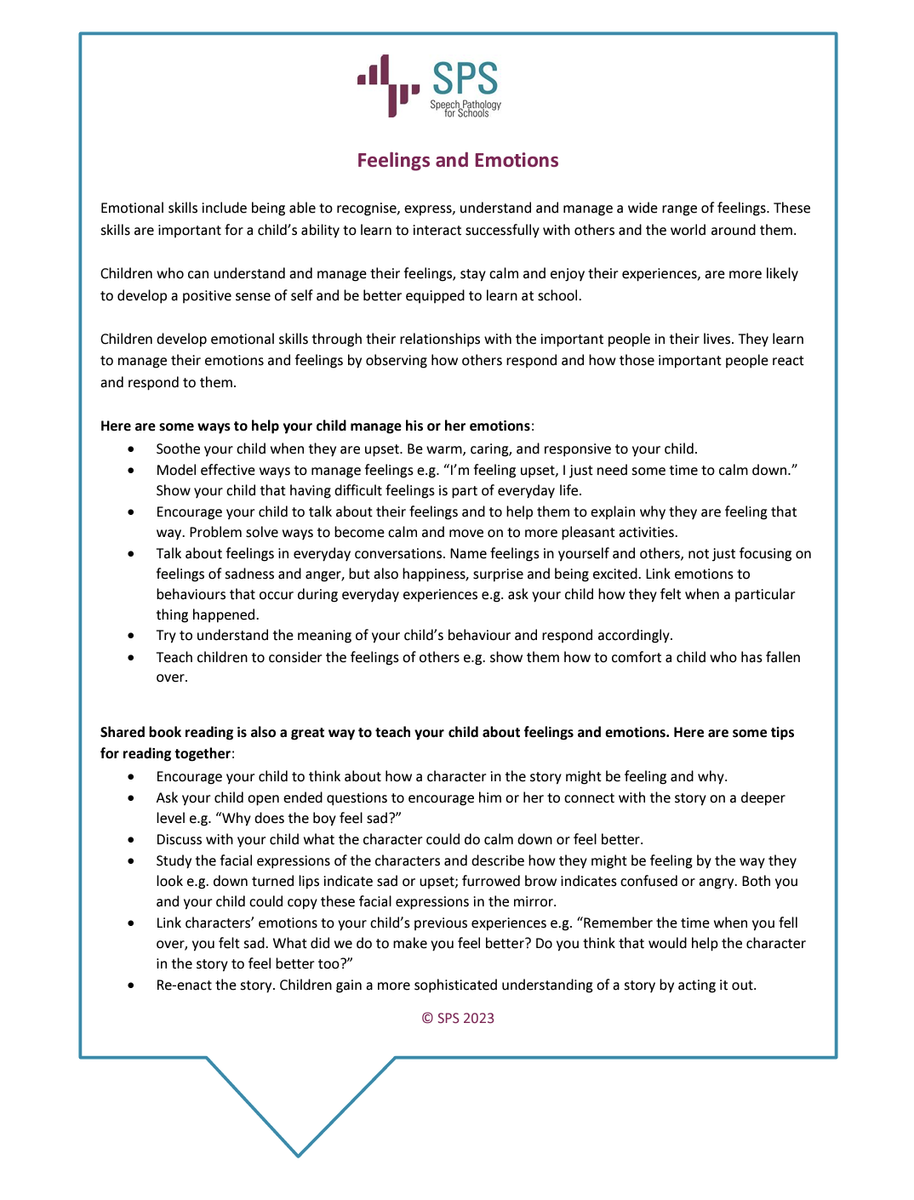Student Wellbeing
Mental Health in Schools
Ginette D'Souza & Elizabeth Hopper

Student Wellbeing
Mental Health in Schools
Ginette D'Souza & Elizabeth Hopper


R U OK? Day - Thursday 14th of September
Dear Families,
On Thursday 14 September, 2023, we acknowledge the National day of action dedicated to reminding everyone that any day is the day to ask, 'RUOK?' and to support those struggling with life. Please see the prayer and resources below.
R= Reflection and prayer to comfort your troubles.
We share the following prayer and keep in mind those in our school community who are currently experiencing hardship and challenges.
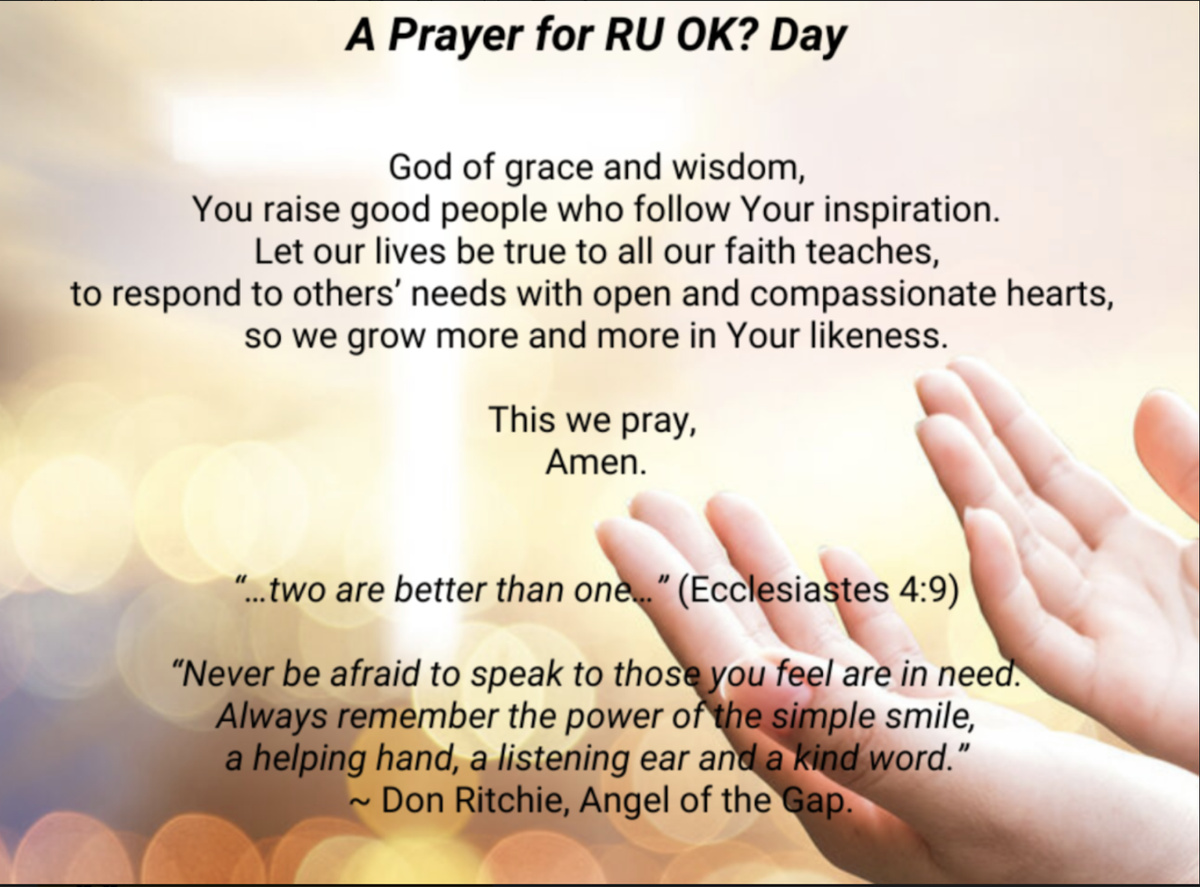

U= You are important; friends care.
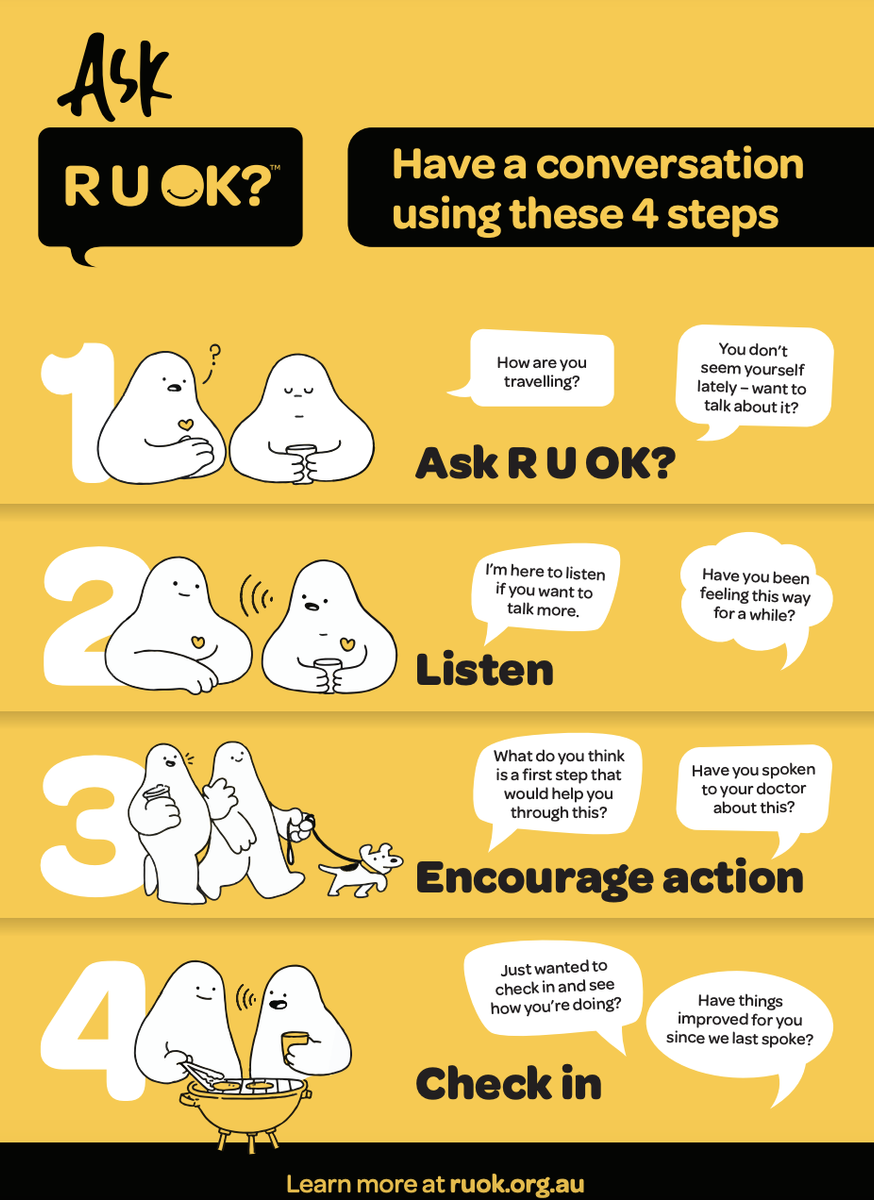

O= Oh so many supports to lean into.
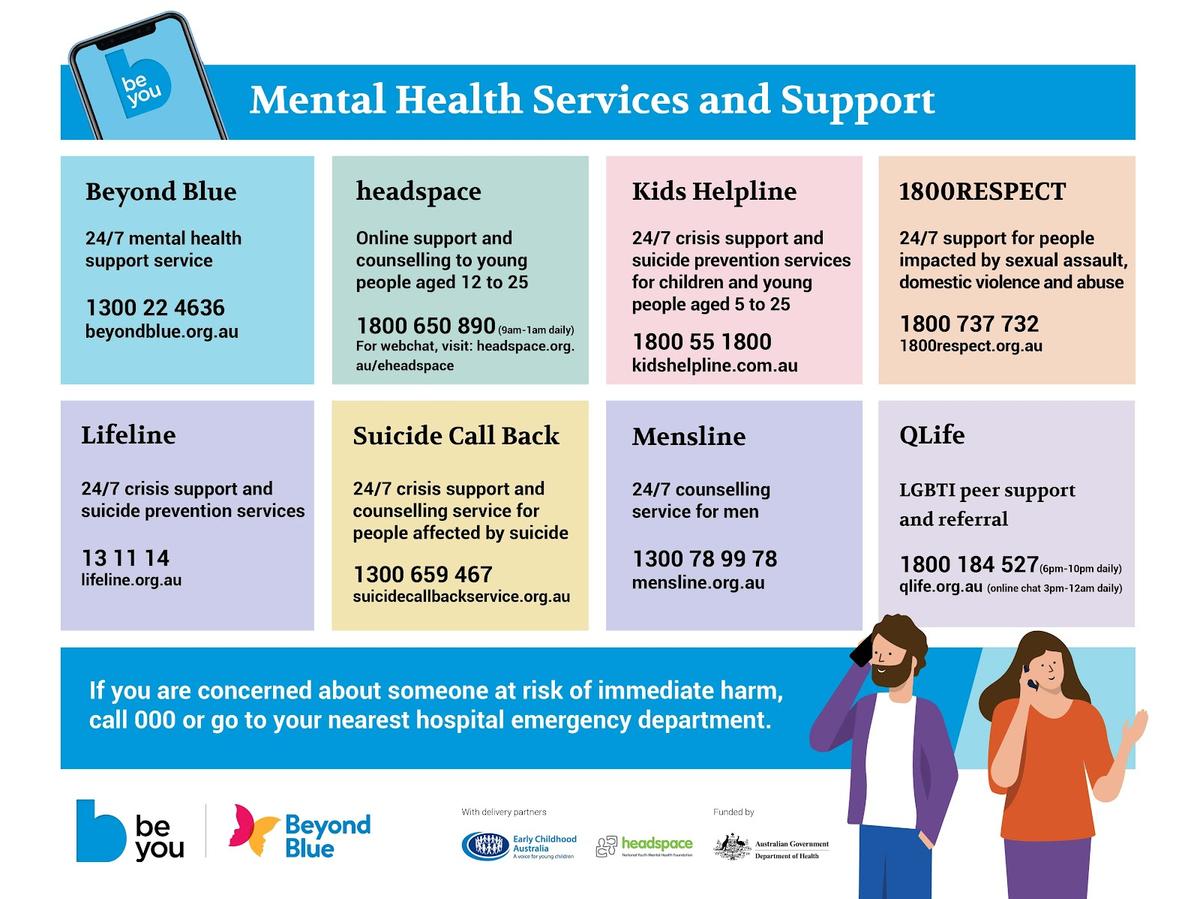

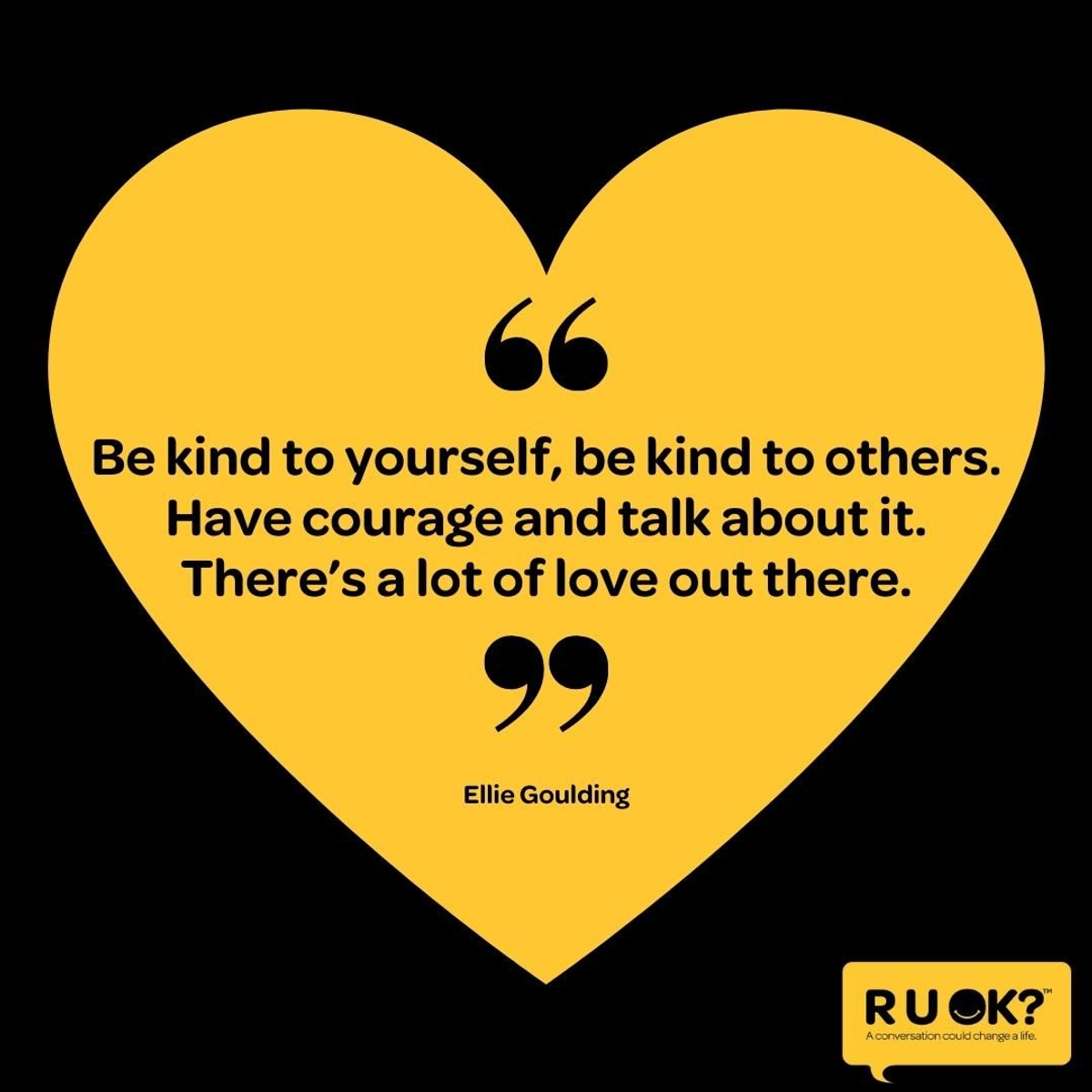

K Know that you are loved...reaching out is the first step towards self care.
A reminder to our families to reach out and talk to people they trust.
School of the Good Shepherd is a SunSmart School
The weather has certainly been warming up this last week. We remind our families that SOGS is a registered SunSmart School. As we move through this last week of Term 3 and into Term 4, please refer to the information below to prepare for the warmer days ahead. Students are required to wear a school hat during this warmer weather.
The rule ‘No Hat, No play’ applies and if students forget their hat, they will be asked to stay in the shade during play time. Please read below:
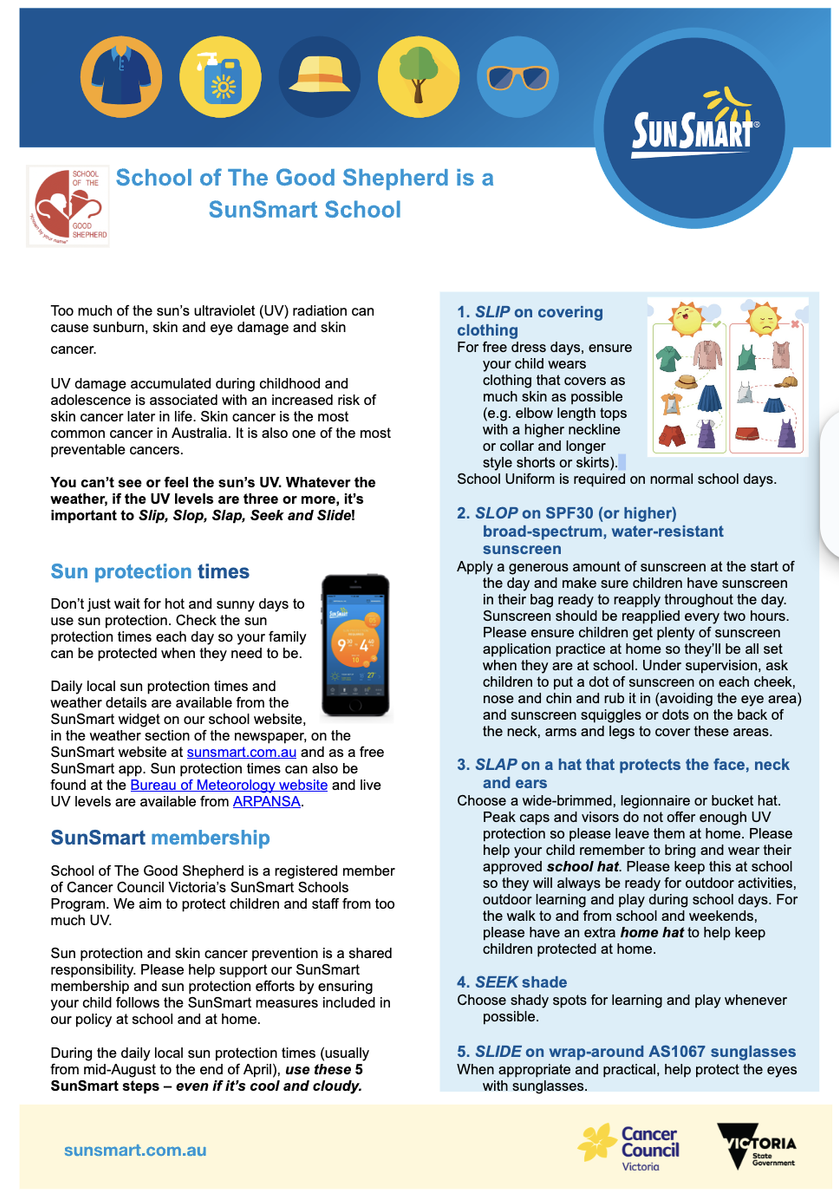

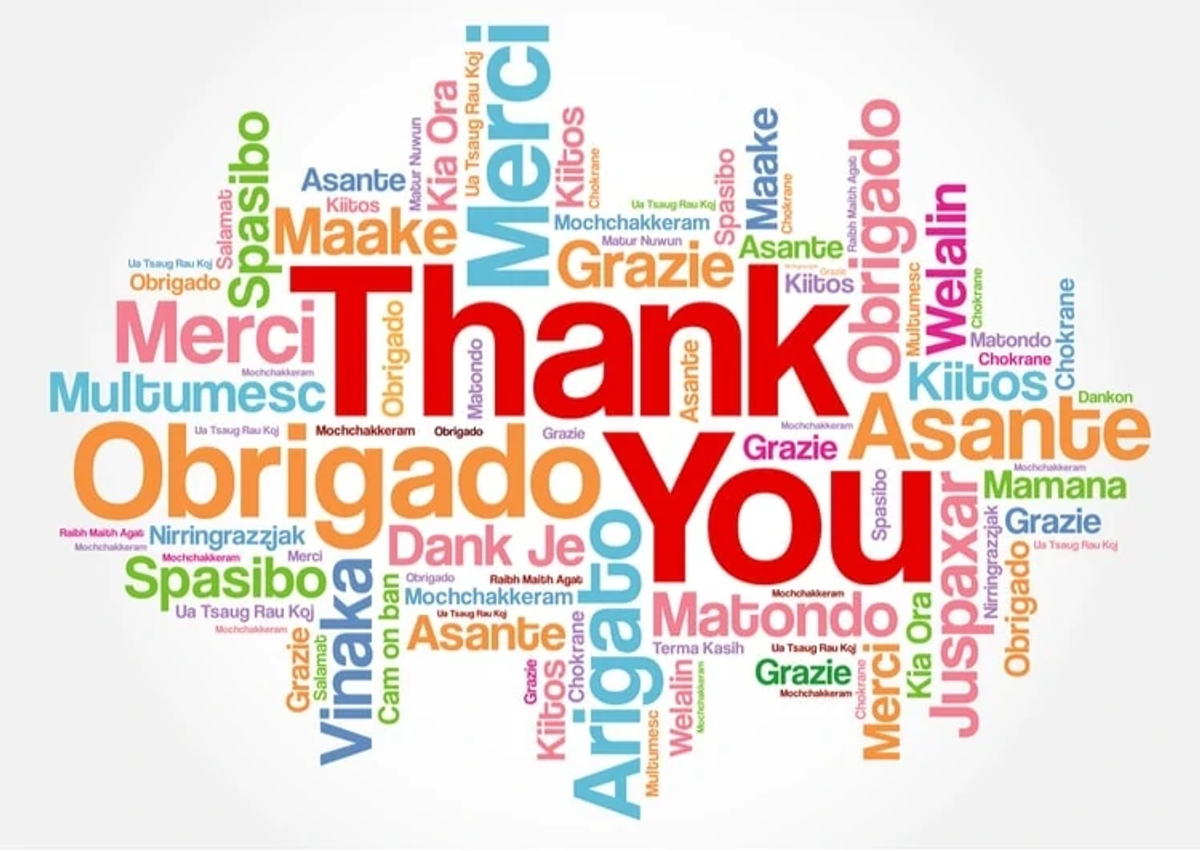

A big thankyou to our community for supporting our
St Vinnies and Big Group Hug Winter appeal. Our Student Representative Council were able to organise over 20 large bags of various winter clothing which was divided between both
St Vinnies and Big Group Hug Winter. Your kindness and generosity was received with much gratitude.
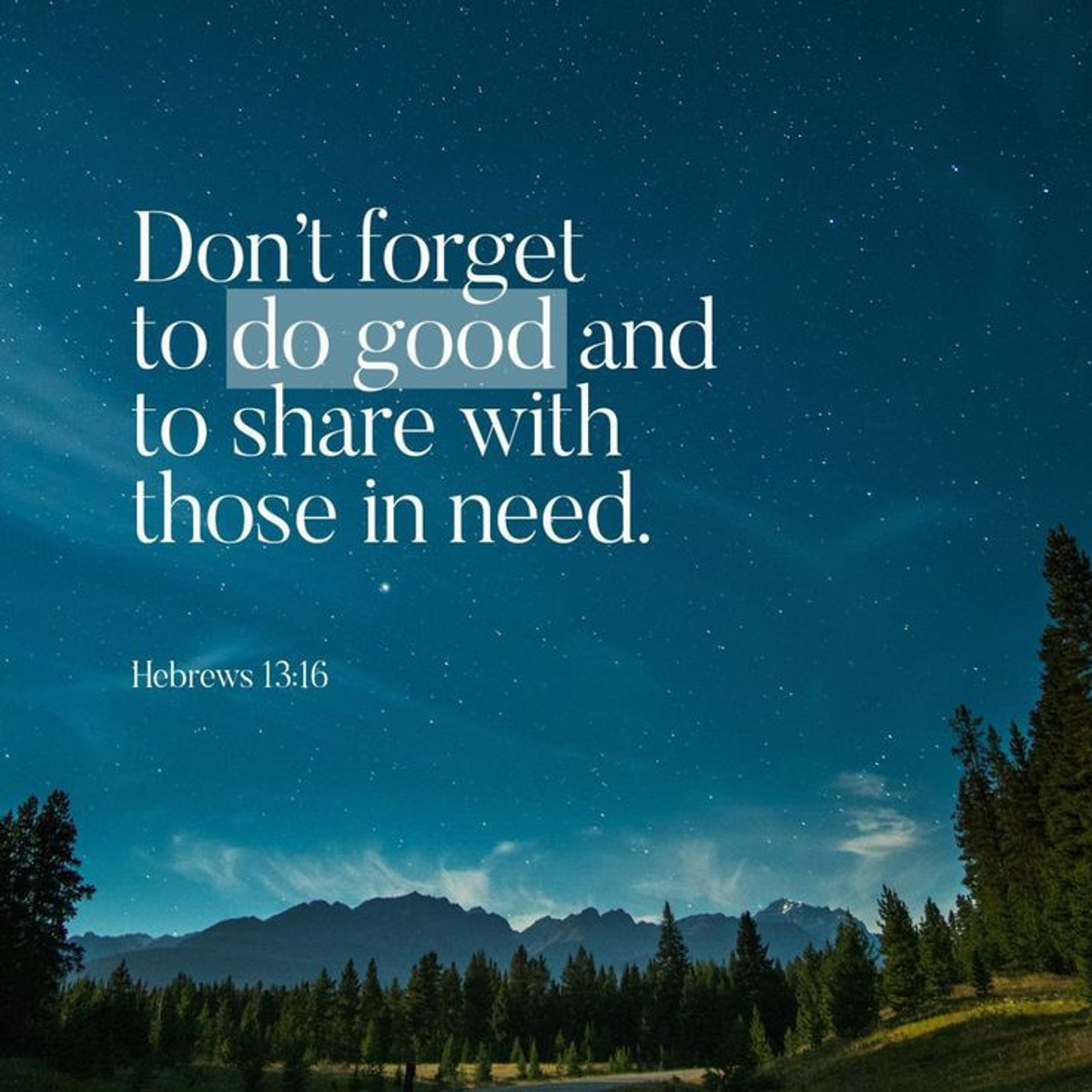

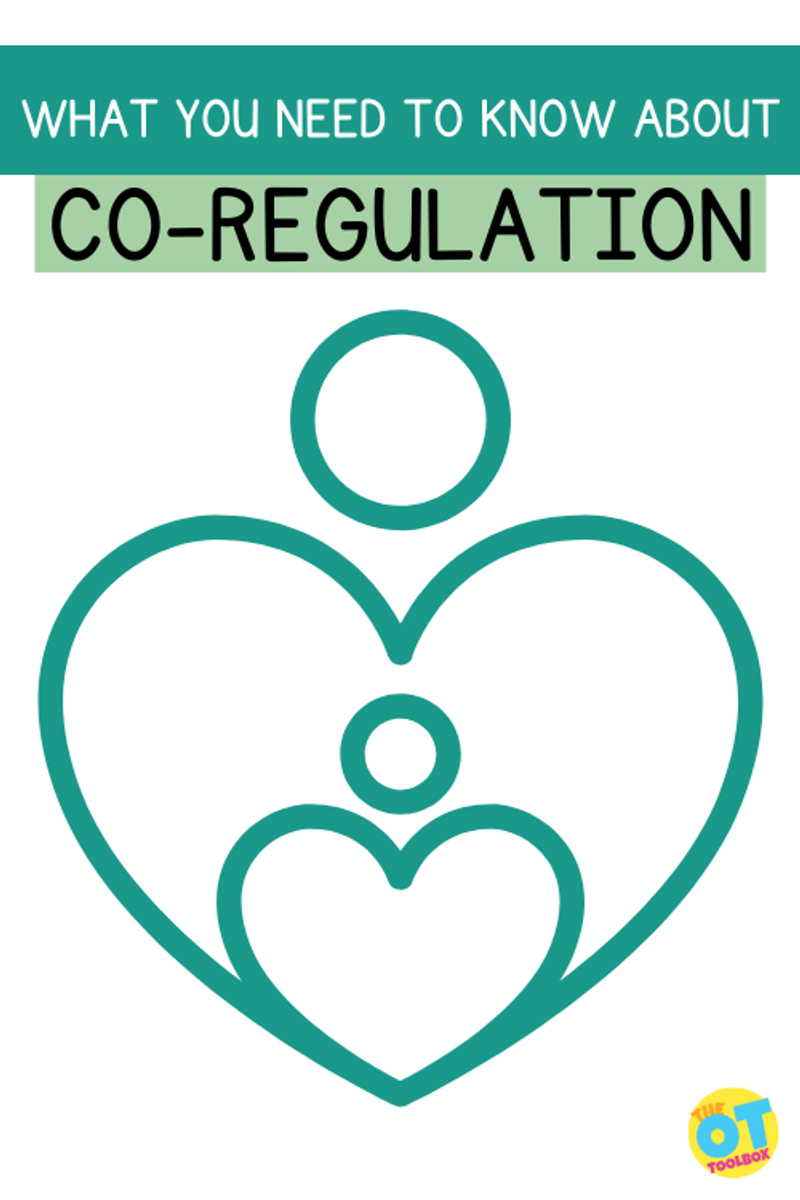

Managing Big Feelings and Emotions & Co-Regulating
What can we do to teach children self-regulation strategies when their emotions and feelings are heightened?
The answer might be a surprise.
When dealing with heightened children, we don’t start with them, we start with ourselves…yep, that’s right!
When you encounter a child who is having a big feeling, a meltdown or is over-excited, the first thing you must do is to go ZEN. This means, you must stop, pause and breathe. It sounds like this won’t have a big enough effect but the way an adult interacts with a child has a profound effect on the way they manage that stress. Another term for this is co-regulation.
To help understand this we first have to understand what is happening in the child’s brain and your brain.
Here is a short video to explain:
Brain Basics: All about anxiety Part 2 - Your brain
What happens to a child’s brain when they are experiencing heightened emotions and feelings?
The child’s prefrontal cortex or thinking part of their brain goes offline when they’re having a big feeling and their limbic or feeling part of the brain takes the lead. If the limbic brain gets too stressed it will cause what is called a neural crash and they will revert to the most basic brain level – that of survival or the flight, fight or freeze response. When a child has gone into limbic brain or what is sometimes referred to as “emotional” brain, it has a contagion effect. Their brain frequency starts to vibrate at a more elevated level and all other brains in the vicinity start to vibrate at the same frequency – including yours!
When a child is escalated, be aware of what you are thinking and feeling. If you intervene with a punitive or angry response, that child might go straight into flight, fight, freeze and then you have a bigger issue to deal with. Instead, go Zen and co-regulate.
The only way to stop the contagion effect of heightened emotions is to lend your calm – to be aware of your own breath, insert a pause and allow that child to come into your vibration. Co-regulation is the number one strategy to help children self-regulate. So the next time a situation happens and your child is heightened emotionally, go Zen and remember to soothe and support by co-regulating.
Practical Co-Regulation strategies
